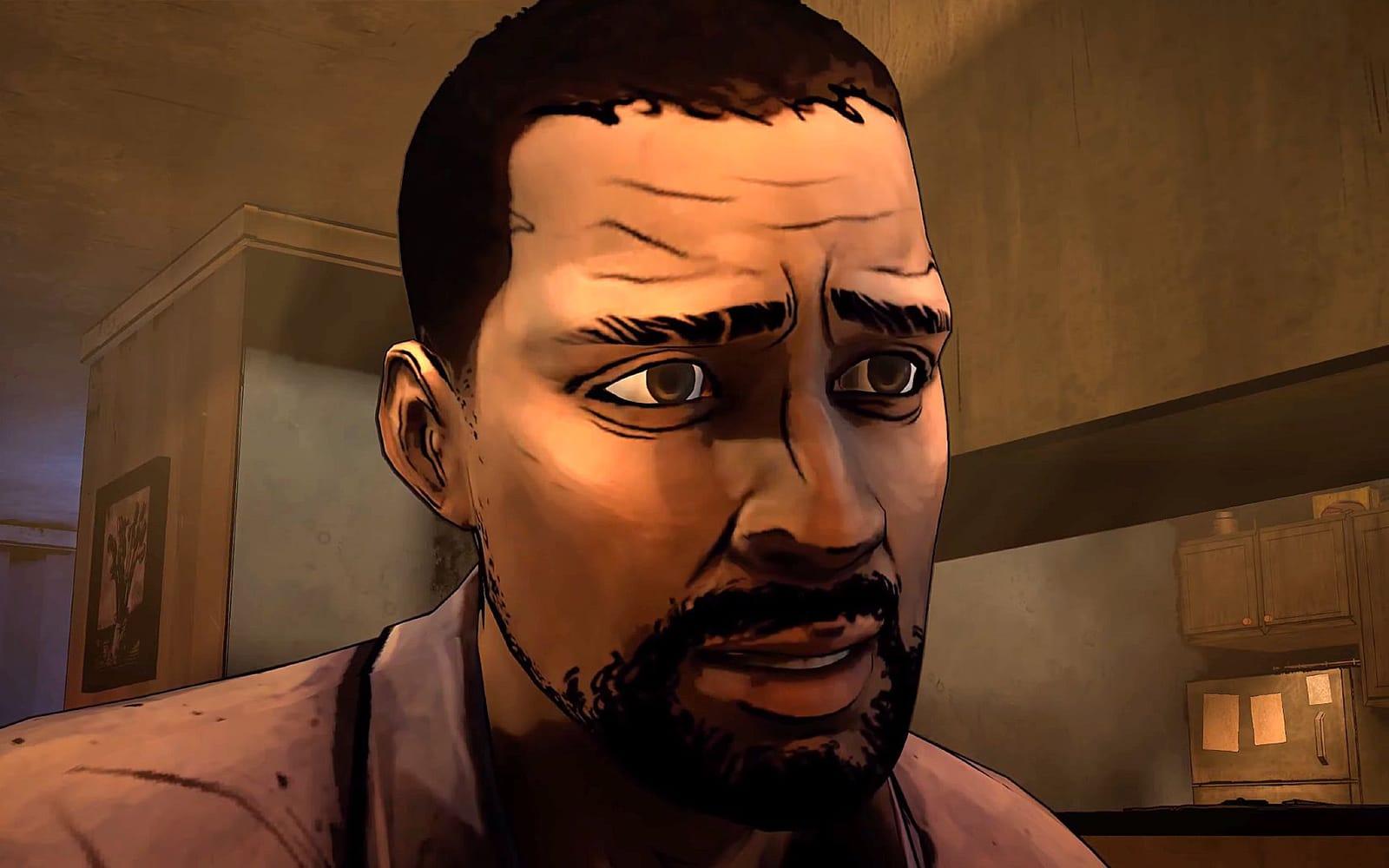Dads: The New Video Game Heroes

Up until now, heroes in video games have largely been gruff, hardened, muscle-bound dudes whose lack of personality is made up for by their ability to carry an unreal amount of weapons. However, a recent Wired piece titled “Dawn of the Dad: Fathers Are the New Videogame Superhero” notes that a number of recent games — Lost Planet 3, The Walking Dead, The Last of Us — feature a new kind of hero: fathers (or father-like figures). Author Andrew Groen writes:
That these games are arriving practically all at once does not seem like a coincidence. Isolated experiments like Heavy Rain, the PlayStation 3 game that put players in the role of a father whose son has been kidnapped, have quickly given way to a flood of games that use stories of fatherhood to tug at player’s heartstrings. But why now?
The obvious explanation would seem to be that gamers are getting older and thus more mature. But this point of view is wrongheaded and “infantilizes the players,” says game designer Vander Caballero. He says that players have always been open to stronger stories. It’s game developers, he says, who are doing the maturing. They’re developing a stronger desire to bring meaning to their work.
Though it remains to be seen if this is ultimately nothing more than a passing trend, I do think this is a positive sign of the video game medium’s continuing evolution and maturation. As I wrote last week in “Blurring the Lines Between Video Games and Reality May Not Always Be a Bad Thing”:
[A]s video games grow in their verisimilitude, in their scope and depth, and in their ability to let players craft truly immersive and personal experiences, it’s only going to get more complicated. As a result, the lines between what is “virtual” and what is “real” may blend in some surprising ways.
Seems to me that the growing implementation of parenting themes, and the emotional and spiritual material that such themes evoke so easily, could easily fall under that umbrella. How interesting would it be if video games, which for so long have been the bane of many a parent’s existence, turn out to be tools that challenge us and cause us to think about the role and impact of fathers in the lives of their wards?
This entry was originally published on Christ and Pop Culture on .